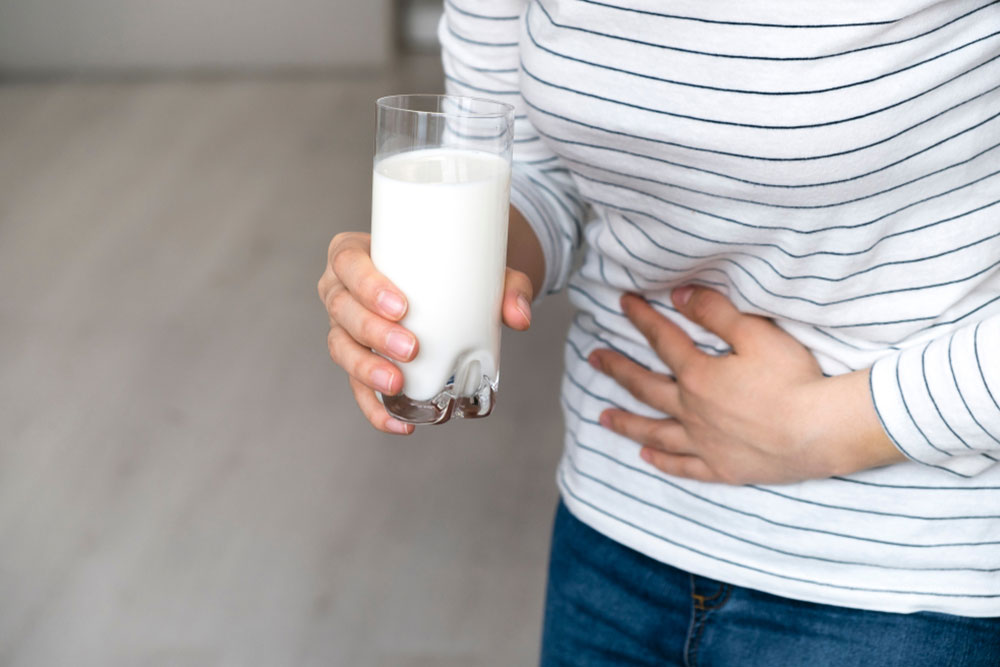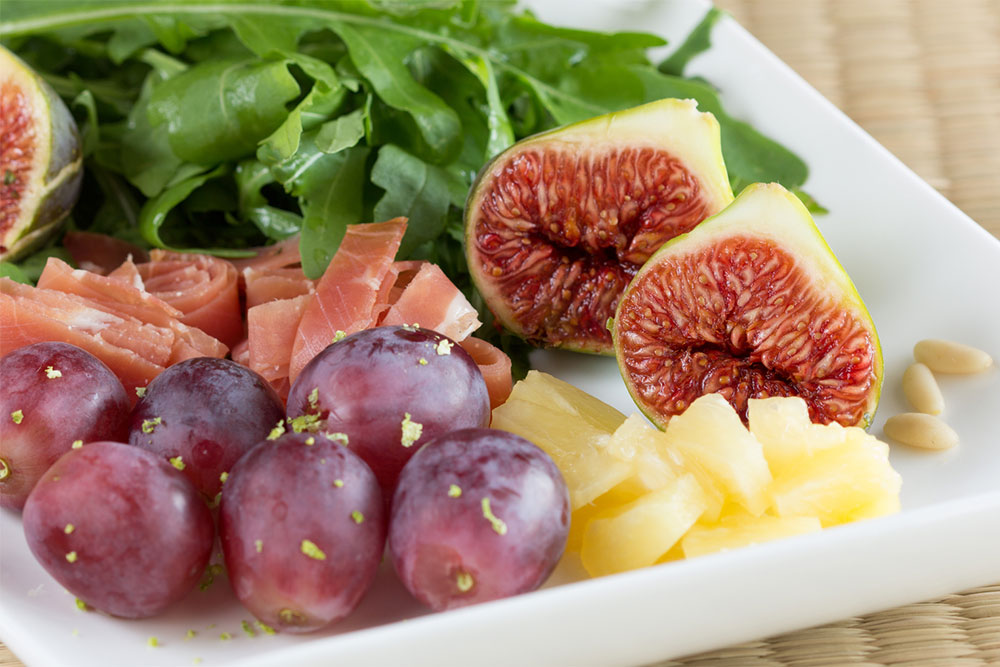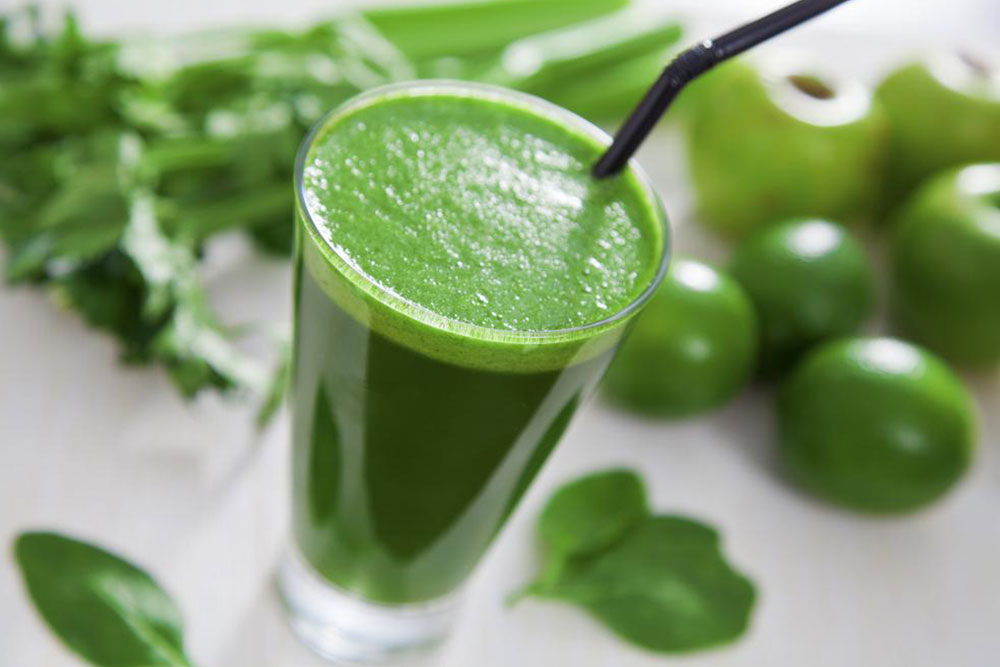Effective Dietary Strategies to Relieve Constipation
Discover effective dietary strategies to combat constipation, including hydration and fiber-rich foods like fruits, vegetables, nuts, and dried fruits. This guide helps understand causes, remedies, and tips for maintaining healthy bowel movements, promoting digestive comfort and health.

Effective Dietary Strategies to Relieve Constipation
Constipation is a common discomfort many experience, but few know how to effectively address it. Understanding the causes and incorporating specific foods can alleviate symptoms and prevent future issues. This guide explores what constipation entails, its typical causes, and recommended foods for relief and maintenance.
What is constipation?
It refers to difficulty or inability to pass stool regularly, sometimes accompanied by pain. While it can affect anyone, it is especially prevalent among young individuals under 20. Usually, the condition resolves within a day but can persist for weeks in severe cases.
Common causes of constipation include:
Sudden dietary or lifestyle changes
Lack of adequate water and fiber intake
High consumption of dairy products
Physical inactivity
Ignoring the urge to defecate
Stress and tension
Overuse of laxatives
Medications like painkillers, antidepressants, iron supplements
Conditions such as irritable bowel syndrome (IBS)
Pregnancy and aging
Dietary excesses in carbs or fats
Other health conditions
Home Remedies for Persistent Constipation
If symptoms last beyond a day and medical consultation isn't immediately possible, dietary adjustments can help. Incorporating fiber-rich and hydrating foods into your meals can significantly improve bowel movements.
Key dietary tips:
Stay Hydrated
Drinking at least 67 ounces of water daily helps soften stool and promotes regularity.
Increase Fiber Intake
Women aged 31-50 should aim for about 0.05 pounds of daily fiber, while men of the same age should consume around 0.08 pounds. Older adults require slightly less. Introduce fiber gradually to prevent bloating. High-fiber foods include:
Fruits: Apples, prunes, kiwis, pears, and oranges are rich in fiber and nutrients. For example, a medium apple (about 0.4 pounds) provides 17% of daily fiber needs, while oranges contain about 0.29 pounds of fiber.
Leafy Greens: Spinach and Brussels sprouts are excellent sources of fiber, vitamins, and minerals. Incorporate them into meals like pastas or stir-fries.
Cruciferous Vegetables: Broccoli adds fiber, vitamins, and essential nutrients. One cup of cooked broccoli supplies approximately 0.01 pounds of fiber.
Nuts, Berries, and Dried Fruits: A handful of pistachios, almonds, or walnuts boosts fiber intake, while dried fruits like prunes are convenient snacks rich in fiber and nutrients.
These dietary measures can help alleviate constipation. If symptoms persist despite changes, consult a healthcare professional to identify underlying issues.
Important Note:
The information provided aims to offer general guidance on managing constipation through diet. It is not intended as a substitute for professional medical advice. For persistent or severe symptoms, seek medical attention promptly.









